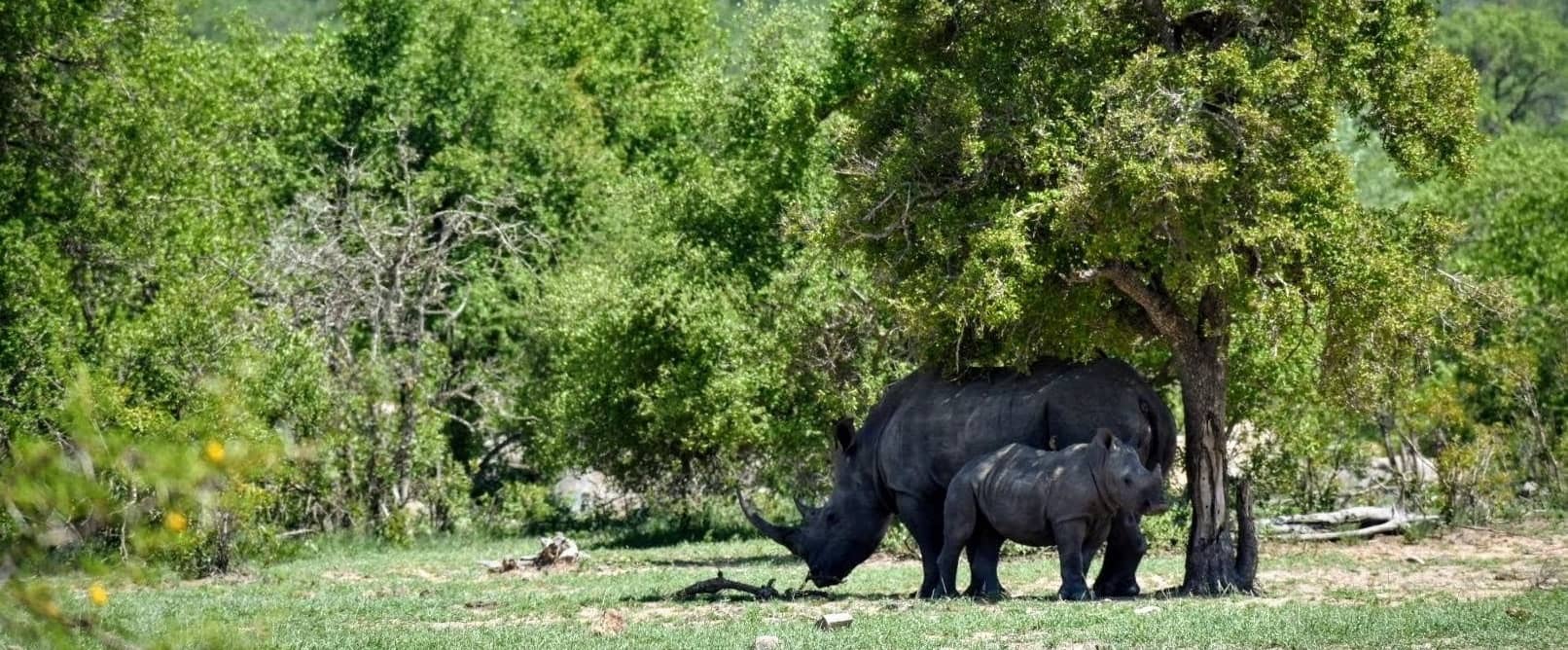Welcome Message
Thank you for supporting your student in their quest for a field-based education in the tropics. The Organization for Tropical Studies (OTS), has over 60 years of guiding students on their journey of discovery, exploration, innovation as well as personal and professional growth. We found that it is imperative for students to take responsibility, and to be involved with the planning and preparation of their study abroad experience. We will provide them with the essential tools and hope they use them, and contact us if they have questions or concerns. Students who take an active and engaged role in all areas of the program will see greater learning and development, which leads to a better experience for everyone.
Family Support
In joining the OTS family, we recognize that well-supported students are often the most successful. They will count on you for assistance in planning, travel arrangements, finances, as well as health and safety. And we recognize that a well-prepared student in the field is one that has been actively involved in their preparation for the program.
One issue that is the cause of much angst is that for many students, this will be their first time traveling internationally by themselves. We want to make this process as smooth and worry-free as possible. In doing so, we provide information in the form of orientation packets, as well as live, online predeparture orientation meetings with local staff and faculty. It is important that students read the orientation packets thoroughly; they contain information on arrival, departure, logistics, health/safety, connectivity, packing lists, and other relevant information. Answers to many of your questions can be found in the orientation packets – each can be found on their respective program pages in Undergraduate Education.
Emergency Contact Information
All undergraduate students who attend OTS programs are legal adults. However, in certain circumstances, such as medical emergencies or critical issues in the field, OTS will make every effort to contact parents or guardians or place them in direct contact with their student. In the event of an emergency during normal business hours, please contact the OTS North American office at 919-684-5774. After hours, please call (919) 684-3226 for the emergency coordinator on call.
Health and Safety
OTS is deeply committed to student safety and well being, we do not expose students to unnecessary danger or risk. We monitor national and international events that might affect our students. Five decades of risk assessment, emergency response, and crisis resolution have enabled OTS to maximize student safety and security. All students participate in an on-site orientation program upon their arrival. For program specific information, please see the orientation packets found on the program pages.
Contact Information
If you have additional questions, please feel free to contact us at one of our three offices:
North American Office
Durham, NC US
+1 919-684-5774
Costa Rican Office
San Pedro, CR
+506 2524-0607
South African Office
Skukuza, RSA
+27 13-735-5854

